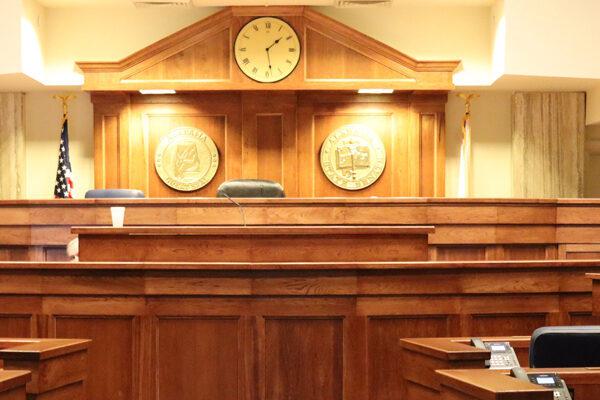Alabama’s 2023 regular legislative session opened with optimism that this would finally be the year Alabamians see significant permanent tax relief. However, after Tuesday only six workdays remain before the session adjourns, meaning many bills, potentially bills that could provide much-needed economic relief to Alabama families, will die.
Why has tax relief progress all but stopped? Alabama’s government had a more than $3 billion combined budget surplus entering 2023. Yet lawmakers still seem reluctant to give “too much” of that surplus back to its rightful owners, the people of Alabama. Doing so would leave less money to put back into government.
Consider this. On May 2, 2023, House Bill 217 by Rep. Anthony Daniels (D-Huntsville), which would exempt overtime hours worked by Alabamians from being calculated as gross income for tax purposes over the next three years, passed by a unanimous vote of 105-0. Rarely does any bill garner unanimous support.
The proposal would not only save taxpayers at least $45 million per year, but it could also bolster growth in Alabama’s lagging labor participation rate. It provides relief and could be part of the solution to a real problem for the state. Yet for the past three weeks, it has been sitting, waiting to be heard by the Senate Finance and Taxation Education Committee.
Rep. Danny Garrett (R-Trussville) is the sponsor of three bills aimed at reducing individual income taxes paid by Alabamians. House Bill 115 lowers the state’s top tax rate by 0.05%, House Bill 116 eliminates the state’s lowest 2% tax bracket, and House Bill 117 raises the tax exemption for retirement income paid by those 65 and older.
House Bills 115 and 116 both passed on April 6, 2023, by a unanimous 105-0 vote. Like the overtime tax bill, they have since sat waiting to be heard by the Senate education budget committee. House Bill 117 passed 101-0 last week. State Sen. Arthur Orr (R-Decatur), chairman of the Senate Finance and Taxation Committee, is carrying the Senate version of the bills. Each bill was approved by his committee on March 22, 2023, and has now spent more than two months awaiting a Senate floor vote.
The common refrain from lawmakers is that the current government bounty won’t last forever. They claim there’s a need to prioritize which tax cuts they pursue so that they can ensure the money will be available in the future to continue to pay for them. In other words, choices will be made. Not all these popular proposals will become law.
Earlier this week, Orr specifically mentioned a proposal to cut the state’s 4% grocery tax in half, saying that it “is going to push a lot of these other bills to never be considered.” But why?
According to the Legislative Services Agency’s (LSA) estimate of the grocery tax repeal, it would reduce state revenues by $318 million per year when fully implemented. Daniels’ overtime tax bill and Garrett’s three income tax reduction bills would save a combined $141 million each year. The $45 million in savings from Daniels’ bill would sunset after 2026, while the grocery tax repeal wouldn’t be fully implemented until at least 2027. At most, these proposals would cost the state approximately $414 million beginning in 2027 and each year thereafter. That’s 3.5% of 2022 state spending.
The argument that the state can’t afford more than one tax cut doesn’t hold water. Alabama’s government has the largest surplus in state history. While growth is expected to slow from its record highs through 2023, LSA still projects that the state will have a more than $2.5 billion combined surplus entering next year. Barring an unprecedented economic downturn, the state can afford the costs of these permanent tax cuts, so long as the record growth of government ends.
And despite the talk of tougher economic times ahead, lawmakers continue to propose new spending. The current education budget proposal would increase spending by 6.5% next year. The general fund budget passed by the House would increase spending by 5.9% in 2024.
Nearly all of the $3 billion 2023 surplus will go back into government spending this year. While final supplemental funding bills are yet to be approved, the Senate education proposal included $360 million for capital projects and equipment costs of K-12 schools, $275 million for one-time rebate checks, hundreds of millions for capital projects at state universities and community colleges, and salary increases for state employees, among others. Lawmakers also continue to consider a bailout of Birmingham-Southern College.
The state can afford these types of things, but not more than one tax cut for you?
Alabamians deserve permanent and meaningful tax relief. Our government is in a unique position to provide it. It is time for the Senate to act.
Justin Bogie serves as Fiscal and Budget Reporter for 1819 News. The views and opinions expressed here are those of the author and do not necessarily reflect the policy or position of 1819 News. To comment, please send an email with your name and contact information to: Commentary@1819News.com.
Don't miss out! Subscribe to our newsletter and get our top stories every weekday morning.










